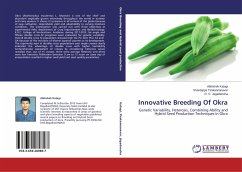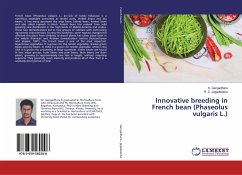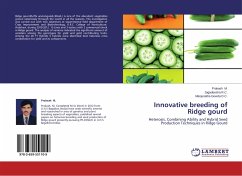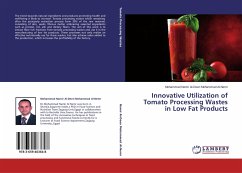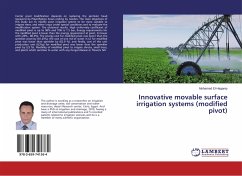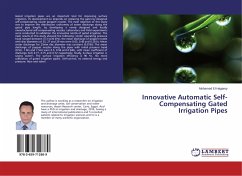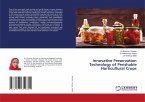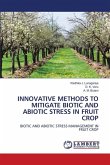Okra (Abelmoschus esculentus L. Moench) is one of the chief and abundant vegetable grown extensively throughout the world in summer and rainy seasons. It shows it's presence in all corners of the globe because of easy cultivation, dependable yield and adaptability to varying moisture conditions. The investigation was carried out with three objectives at experimental field, department of Crop Improvement and Biotechnology, K.R.C. College of Horticulture, Arabhavi, during 2011-2013. Six single and fifteen double cross F2 progenies were evaluated for genetic variability. Overall double cross F2 population showed high GV, PV, GCV, PCV, h2 and GA because of the inclusion of diverse superior parents in its development. The superiority seen in doubles cross populations over single crosses clearly indicated the advantage of double cross with higher heritability Comprehensive assessment of crosses by considering heterosis values revealed that, out of 15 crosses, three were average heterotic and three were low heterotic Pollination between 9 am to 12 noon on same day of emasculation resulted in higher seed yield and seed quality parameters.
Bitte wählen Sie Ihr Anliegen aus.
Rechnungen
Retourenschein anfordern
Bestellstatus
Storno

